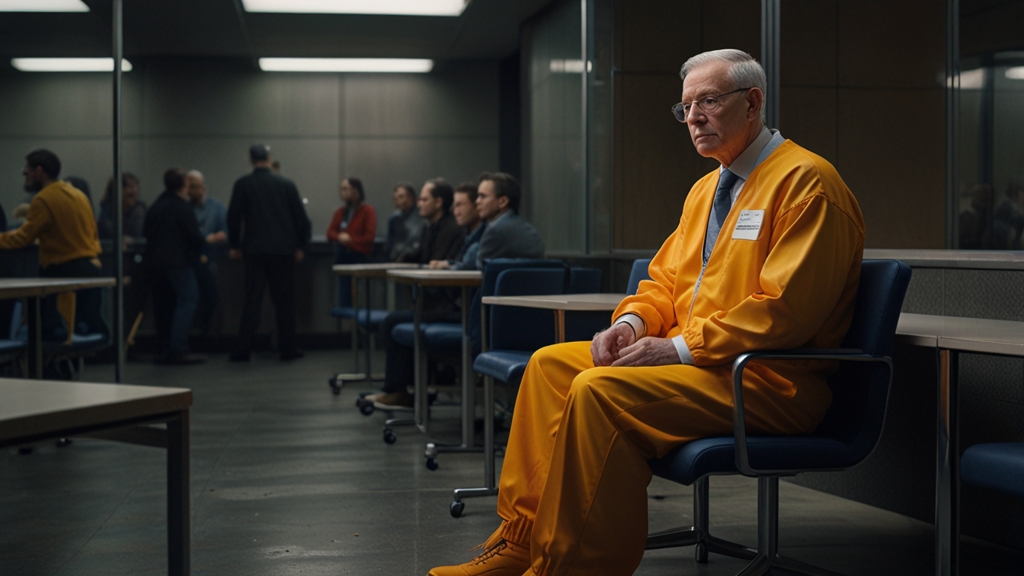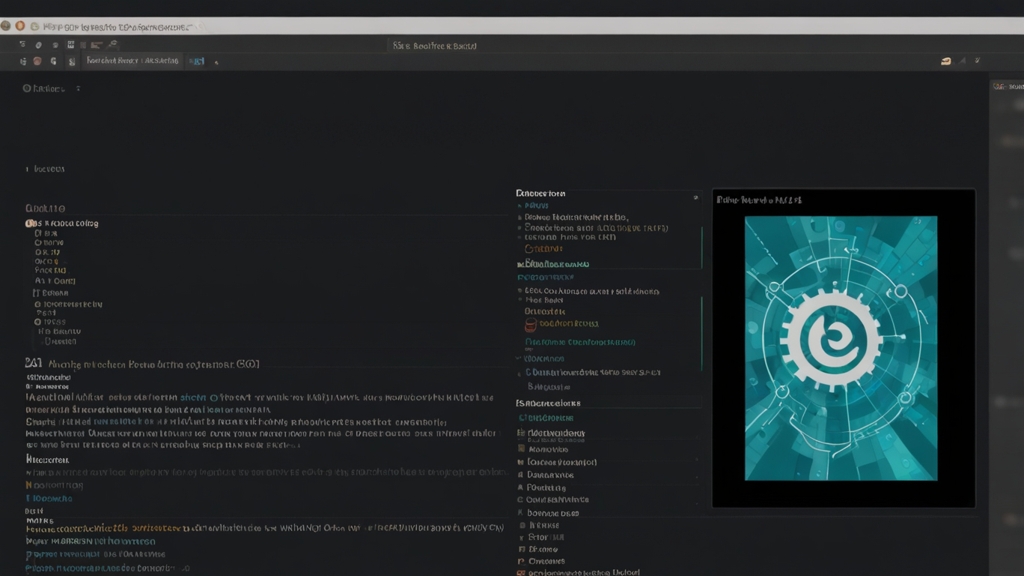The Great War: How a Single Assassination Changed the World
The assassination of Archduke Franz Ferdinand of Austria on June 28, 1914, at Sarajevo, is often cited as the immediate catalyst for World War I. Yet, to understand how a single event could trigger such widespread destruction, one must delve into the complex web of alliances, nationalist sentiments, and political tensions that characterized early 20th century Europe.
The Fragile Balance of Power
Prior to the assassination, Europe was a continent bristling with military might but entangled in a precarious balance of power. The major powers were divided into two main alliances: the Triple Entente, comprising France, Russia, and the United Kingdom, and the Triple Alliance, made up of Germany, Austria-Hungary, and Italy. These alliances were created to wield power against rivals, and while they were meant to prevent war, they ultimately ensured that any conflict would engulf multiple nations.
The Fateful Assassination
On that fateful day in Sarajevo, Archduke Franz Ferdinand and his wife, Sophie, were shot dead by Gavrilo Princip, a Bosnian Serb nationalist. Princip was part of a group seeking to end Austro-Hungarian rule over Bosnia and Herzegovina. The assassination set off a chain reaction of events that would irrevocably alter the world.
The Domino Effect
Austria-Hungary, backed by Germany, saw the assassination as an opportunity to crush Serbian nationalism. An ultimatum was delivered to Serbia, with terms so severe that their rejection was almost certain. When Serbia's response failed to satisfy Austria-Hungary, war was declared on July 28, 1914.
"The lamps are going out all over Europe, we shall not see them lit again in our lifetime." – Sir Edward Grey, British Foreign Secretary
This declaration of war triggered the alliance system. Russia mobilized to support Serbia, prompting Germany to declare war on Russia. France, allied with Russia, was then pulled into the conflict. When Germany invaded neutral Belgium to outflank the French defenses, the United Kingdom entered the war in defense of Belgium's neutrality.
A Global Conflagration
What followed was four years of unprecedented carnage. The battlefields of Europe became killing grounds where new technologies like machine guns, tanks, and chemical weapons made the Great War a harrowing testament to human suffering. The war claimed the lives of an estimated 10 million soldiers and millions of civilians, reshaping nations and societies in its wake.
"This is not a Peace. It is an Armistice for twenty years." – Marshal Ferdinand Foch, upon signing the Treaty of Versailles
The aftermath of World War I saw the dissolution of empires. The Austro-Hungarian, Ottoman, Russian, and German empires all disintegrated, giving rise to new nations and altering the map of Europe. The Treaty of Versailles, signed in 1919, sought to ensure lasting peace, but its harsh terms laid the groundwork for economic instability and political unrest that would eventually lead to World War II.
The Enduring Legacy
The assassination of Archduke Franz Ferdinand was the spark in a volatile environment. It illuminated the delicate and interconnected nature of international relations, showing how a single event could unbalance the world order. The Great War reshaped borders, altered governments, and left a legacy of bitterness and disillusionment. It served as a cautionary tale about the dangers of nationalism, unchecked militarism, and entangled alliances.
In reflecting on World War I, it's clear that the assassination in Sarajevo was more than just the death of a royal figure; it was the precursor to a century defined by global conflict, technological advancement in warfare, and significant shifts in political power. The Great War, ignited by a single assassination, changed the world in ways that continue to resonate to this day.




